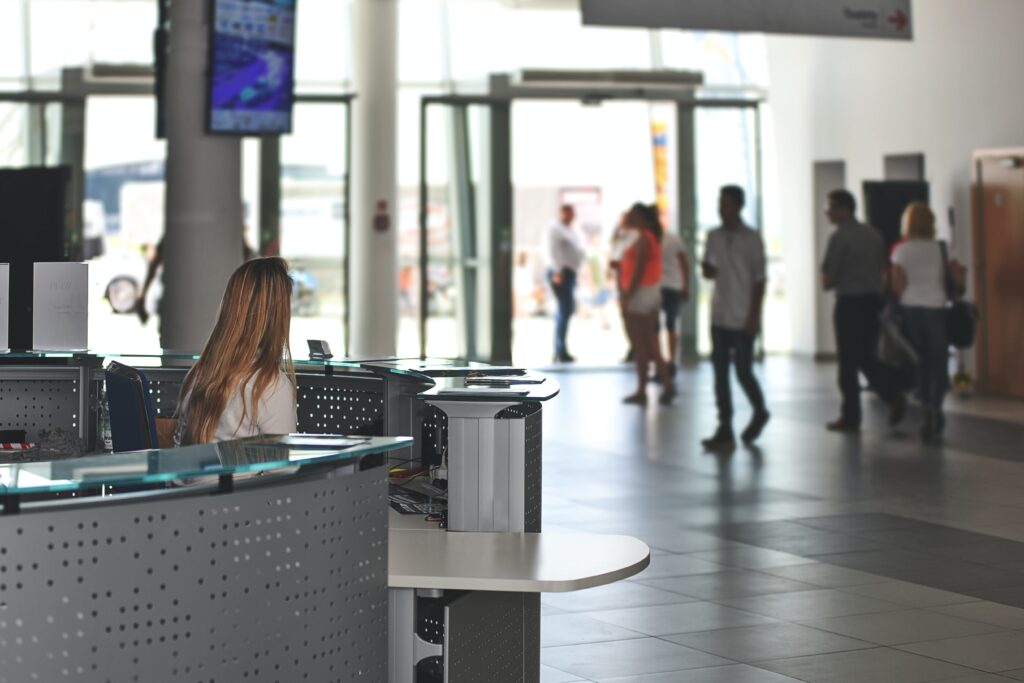Category Corporate Travel
21 Mar
Exploring Corporate Travel Procurement Solutions with Pulse Travel
When it comes to planning corporate travel, corporate travellers always want to ensure they’re getting the most bang for their buck and the best deal possible. The corporate travel market is currently worth $3bn dollars a year, and much of that relies on businesses striking arrangements with preferred travel providers for improved rates in exchange […]
READ MORE8 Feb
Strategic Career Moves: Navigating Queensland Skilled Occupation List with Pulse Travel’s Expertise
The 2024 Skilled Occupation List has recently been released, and many businesses are now looking to begin employee sponsorships and bring international staff into Australia through QSOL Visa’s. QSOL – Also known as the Queensland Skilled Occupation List – Is a list of occupations within Queensland that are experiencing acute labour shortages and require international […]
READ MORE1 Oct
What To Consider In A Corporate Travel Destination
Global events are once more returning to the corporate calendar. After a few years of turbulent travel experiences the world’s largest business conferences have returned once more, and with business owners prioritising convenience and accessibility more-so than ever, your corporate travel destination has never been more important. Every corporate event is different with different attendees […]
READ MORE23 Aug
Sustainable Corporate Travel: 9 Eco-Friendly Tips to Reduce Your Corporate Travel Footprint
In an era where environmental concerns are at the forefront, businesses are increasingly recognising the importance of sustainable corporate travel. Corporate travel, often associated with significant carbon emissions and environmental impact, presents a crucial opportunity for companies to make a positive change. By implementing eco-friendly practices during business trips, your business can not only reduce […]
READ MORE31 Jul
A Comprehensive Guide to Establishing Effective Corporate Travel Policies
In the world of modern commerce, corporate travel plays a critical role in the growth and development of many organisations. From connecting with international partners to exploring new market opportunities, travel is a strategic tool. But to leverage it effectively, a straightforward and robust corporate travel policy is key. This guide explores the importance, components, […]
READ MORE25 May
The Exciting Prospects of Personalised Corporate Travel
Corporate travel has long been viewed as a necessary but often tedious part of doing business. Recent trends suggest corporate travel management is evolving beyond its traditional role, with a growing emphasis on personalisation and individualisation. By leveraging the latest technologies and strategies, travel agencies can now provide personalised corporate travel experiences tailored to […]
READ MORE17 Apr
Saving Money on Corporate Travel: Budget-Friendly Strategies
In today’s competitive business world, saving money on corporate travel is imperative for companies looking to reduce travel expenses without sacrificing productivity. Managing a corporate travel budget effectively can be challenging. With the right budget-friendly strategies from Pulse Travel and a focus on cost-saving measures, you can make the most of our readily available travel […]
READ MORESubscribe to get
Exclusive Deals, Holiday Specials and Travel Tips!
PULSE TRAVEL SERVICES
COMPANY INFORMATION
CONTACT INFO
12 Browning Street, South Brisbane, Qld Australia 4101
ATAS Accredited # A12558
Email: enquiries@pulsetravel.com.au







